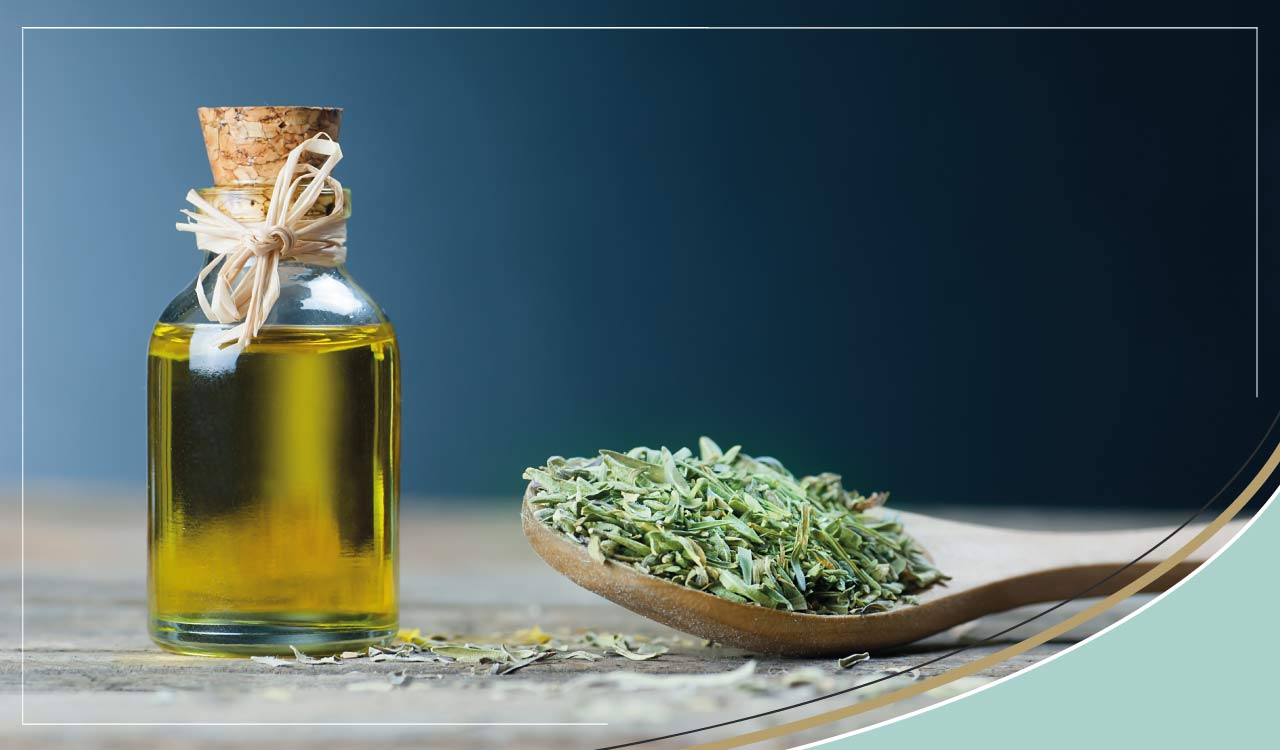What is oregano oil? And why is it such a good antibacterial

What is Oregano Oil?
Oregano is a herb. There are many varieties of oregano species. The oil extracted from wild oregano grown in the Mediterranean known as “Origanum Vulgare” has, for centuries, had the status of a wonder herb due to its medicinal qualities.
Properties of Oregano Oil
Oregano oil naturally contains a range of nutrients such as Vitamins A, C and E. It also provides the minerals iron, magnesium, boron, manganese, zinc and calcium.
However, despite these apparent benefits, it is actually Oregano oil’s two major phenol components, Thymol and Carvacrol that make it so unique regarding its antibacterial, antiviral, antifungal and antibiotic properties:
- Thymol is a powerful antiseptic and antifungal that stimulates the immune system. It fights bacteria (such as E-Coli, Staphylococcus aureus), fungi (including candida), parasites (like intestinal worms) and is an excellent expectorant and natural diuretic. It has been found to be effective in treating upper respiratory infections and also in managing renal and urinary tract infections.
- Carvacrol has been shown to be effective against a wide range of infections including those caused by the following bacteria, parasites and fungi: Candida Albicans, E-Coli, Giardia, Campylobacter, Salmonella, Pseudomonas, Klebsiella and Listeria.
Oregano Oil as an Alternative to Antibiotics for Infections:
Traditionally, antibiotics have been the go-to treatment for any infection. Often, non-specific, full-spectrum antibiotics have been overprescribed leading to antibiotic resistance (bacteria mutate into new strains that can survive against our current treatments, increasing the risk of disease and death). Antibiotics also destroy the “good” as well as “bad” bacteria in our gut leading to further health complications such as candida overgrowth. It is becoming increasingly important to look to natural treatments for infection.
Tiny quantities of carvacrol, a naturally occurring compound in oregano, were found to be a more effective antimicrobial agent than 18 pharmaceutical drugs, investigators found.
The University of the West of England researchers, working with partners in India, said carvacrol, which contains potent anti-fungal and anti-bacterial properties, has a range of medicinal uses. It can sterilise septic water, eradicate giardia, treat fungal infections such as candida and is considered a natural rival to pharmaceutical antibiotics such as streptomycin and penicillin in its ability to eliminate microbes. At SGS tests found that Himalayan oregano oil was more effective at eradicating Methicillin-Resistant Staphylococcus Aureus (MRSA) than 18antibiotics. Preliminary research into the oil found that tiny doses are capable of wiping out fungi and bacteria, including MRSA. www.medicalnewstoday.com
How to use Oregano Oil:
Oregano oil can be applied topically when mixed with a carrier oil such as coconut oil or olive oil or mixed with drink such as a coconut milk, milk or juice. It has a very strong flavour due to its potency so is best followed with a further drink to prevent burning to the throat/mouth.
For Urinary Tract Infections it is suggested to take:
Take 3-4 drops of oregano oil with a glass of milk or milk substitute three times a day for three days.
For Respiratory Infections
- Put a drop of oregano oil into hot steaming water. Cover your head with a towel and inhale the steam from the bowl.
- For Food Poisoning caused by Bacteria such as Listeria/Campylobacter/E-Coli:
- Drink 3 to 7 drops diluted in water/juice with or after food.
Oregano oil is considered a “hot” oil that can give a temporary burning sensation. If you choose to use Oregano oil “neat” (undiluted) apply it with a Q-tip and do not spread it beyond the affected area. Swallow it in a carrier liquid such as milk or milk substitute.
Use in a Carrier Oil
Dilute Oregano Oil in oil ( a carrier oil) before being massaged into the affected area. Common carrier oils include coconut oil and olive oil.
Precautions
Oregano Oil is a natural product with few side effects. However, is not recommended for children, if you are pregnant or breastfeeding, if you are allergic to Lamiaceae family plants, if you are taking blood thinners (e.g. warfarin) or are about to have surgery (stop taking two weeks before).
Oregano oil, if taken regularly, is best used for two weeks with a few days off before recommencing.
 Free Royal Mail 24 Tracked Delivery - Spend £10+
Free Royal Mail 24 Tracked Delivery - Spend £10+
 Support 01904 789559 - 20+ Years Expertise
Support 01904 789559 - 20+ Years Expertise
 Rated 5 out of 5 on Trustpilot
Rated 5 out of 5 on Trustpilot

















